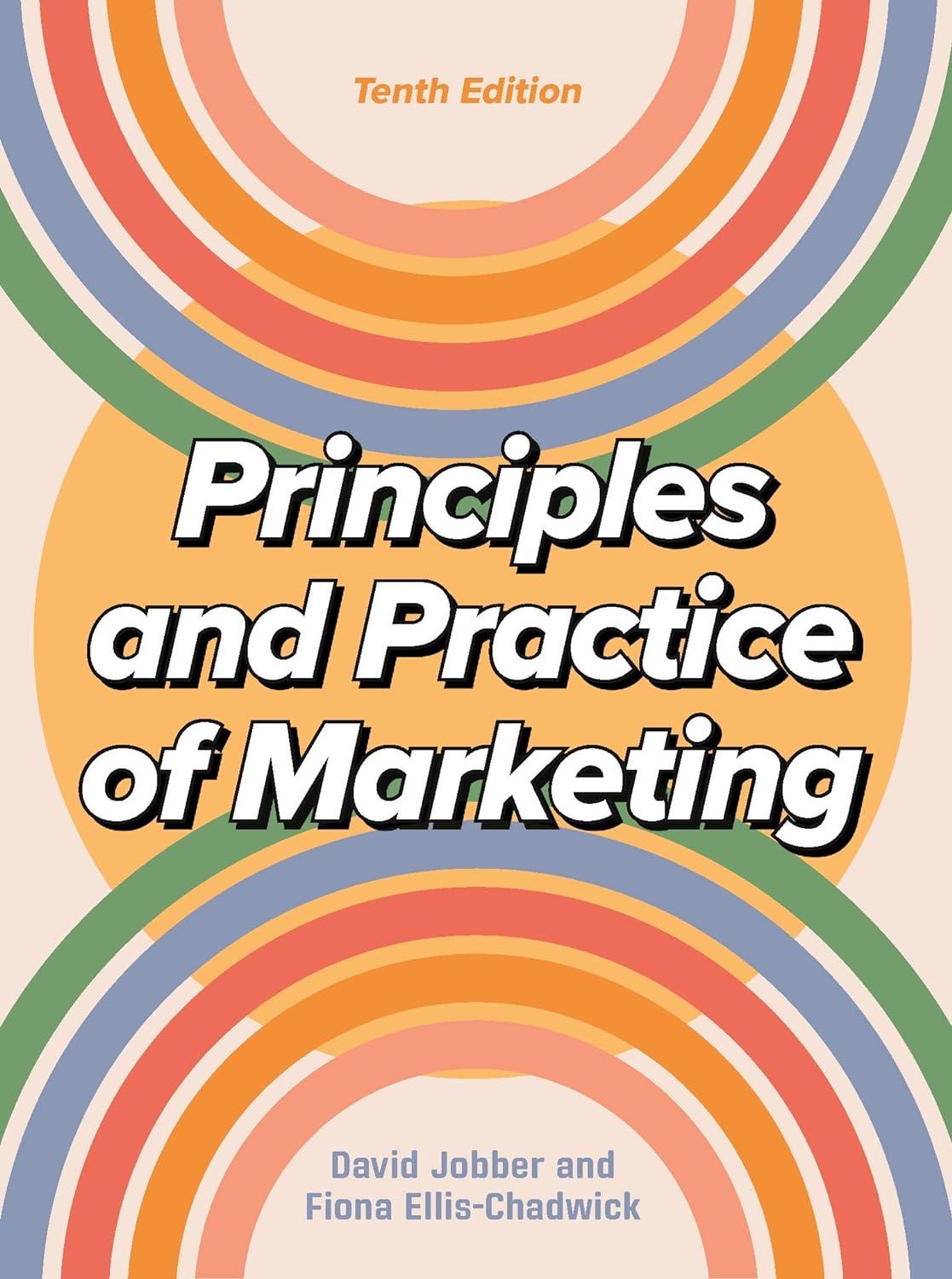The question of the influence of price on quality perceptions has interested marketing managers for decades. Two
Question:
The question of the influence of price on quality perceptions has interested marketing managers for decades. Two experiments have investigated this issue. The first was a study into the effect of the price of placebos (dummy pills) on the killing of pain. Both pills were identical (a sugar compound), but patients who took the $2.50 placebo judged it better at killing pain than those who took one costing only 10 cents.

In the second experiment, 20 occasional red wine drinkers were asked to taste one Cabernet Sauvignon marked with a $5 price tag and another with a $45 price tag. However, both came from the same $5 bottle. The higher-priced wine was selected as tasting superior by most of the drinkers. To explain the results, neuroscience was called upon. In a second experiment, the drinkers were asked to drink again while wired up to a brain scanner. When they drank the ‘more expensive’ wine, the part of the brain associated with pleasure became more active than when the ‘less expensive’ wine was drunk. Clearly, the higher price caused the drinkers to experience more pleasure, even if the product itself was no different.
Questions:
1. Discuss how value-based pricing could be used when selling painkillers, and identify the tangible and intangible benefits.
2. Explain when price does matter.
3. As a marketer, how could you use price information to promote lower-priced goods against competitors selling higher-priced goods? Use further examples to justify your argument.
Step by Step Answer:

Principles And Practice Of Marketing
ISBN: 9781526849533
10th Edition
Authors: David Jobber, Fiona Ellis-Chadwick





